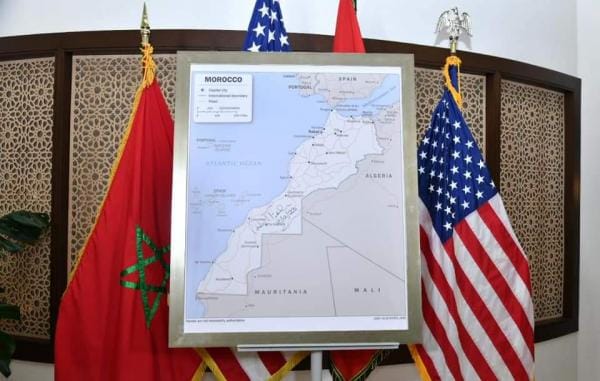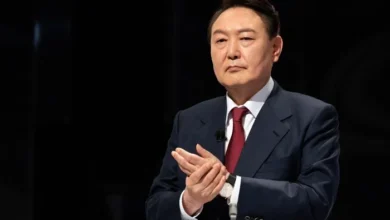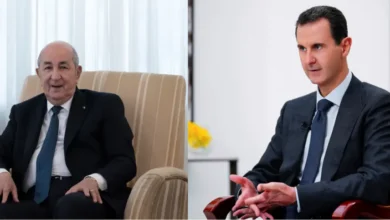Washington Institute Analyzes Economic Opportunities in Morocco’s Southern Regions and Urges the US to Strengthen Partnership

Amid the current geopolitical and economic shifts in the North African region, the Washington Institute for Near East Policy highlighted the promising economic opportunities offered by Morocco’s southern regions. The institute called on the United States to capitalize on these potentials and strengthen its partnership with the Kingdom of Morocco, noting that Morocco provides a conducive investment environment for Americans, especially following the Trump administration’s recognition of Morocco’s sovereignty over Western Sahara in 2020—a decision that elevated political and economic expectations in Rabat.
The institute explained that American investors remain cautious about investment opportunities in Western Sahara, fearing that the decision might be reversed during Biden’s administration. However, Trump’s return to the White House could open new avenues for enhancing economic relations between the two countries, including the possibility of opening a U.S. consulate in Laayoune as a strategic and symbolic step to encourage American investors to focus on the region and seize the available investment opportunities.
The report noted that economic relations between the United States and Morocco, while significant, remain limited compared to the European Union, which is Morocco’s largest trading partner. The EU benefits from geographical proximity and historical ties with the Kingdom, making it the most prominent investor in the region.
Conversely, the Washington Institute warned that American hesitancy could allow other powers, such as Russia and China, to invest in Morocco’s southern regions, aligning with their efforts to expand their influence in the area through strategic investments in maritime fishing and renewable energy projects, particularly in the green hydrogen sector. China has signed cooperation agreements with Moroccan companies to develop this promising sector.
The report pointed out that Trump’s return might complicate Morocco’s relations with China, especially if the U.S. administration pressures its allies to limit their economic ties with Beijing. Nevertheless, the report confirmed that Rabat is determined to move forward with partnerships with various international parties that support its major development projects, in line with King Mohammed VI’s priorities in sustainable energy and infrastructure.
Additionally, the institute mentioned that Morocco has entered the stage of presenting details of its autonomy proposal, considered the most realistic solution for a final settlement. It noted that the 50th anniversary of the Green March this year presents a diplomatic opportunity to push the international community towards a solution that ensures the Kingdom’s sovereignty over its southern regions and achieves development in the area.



